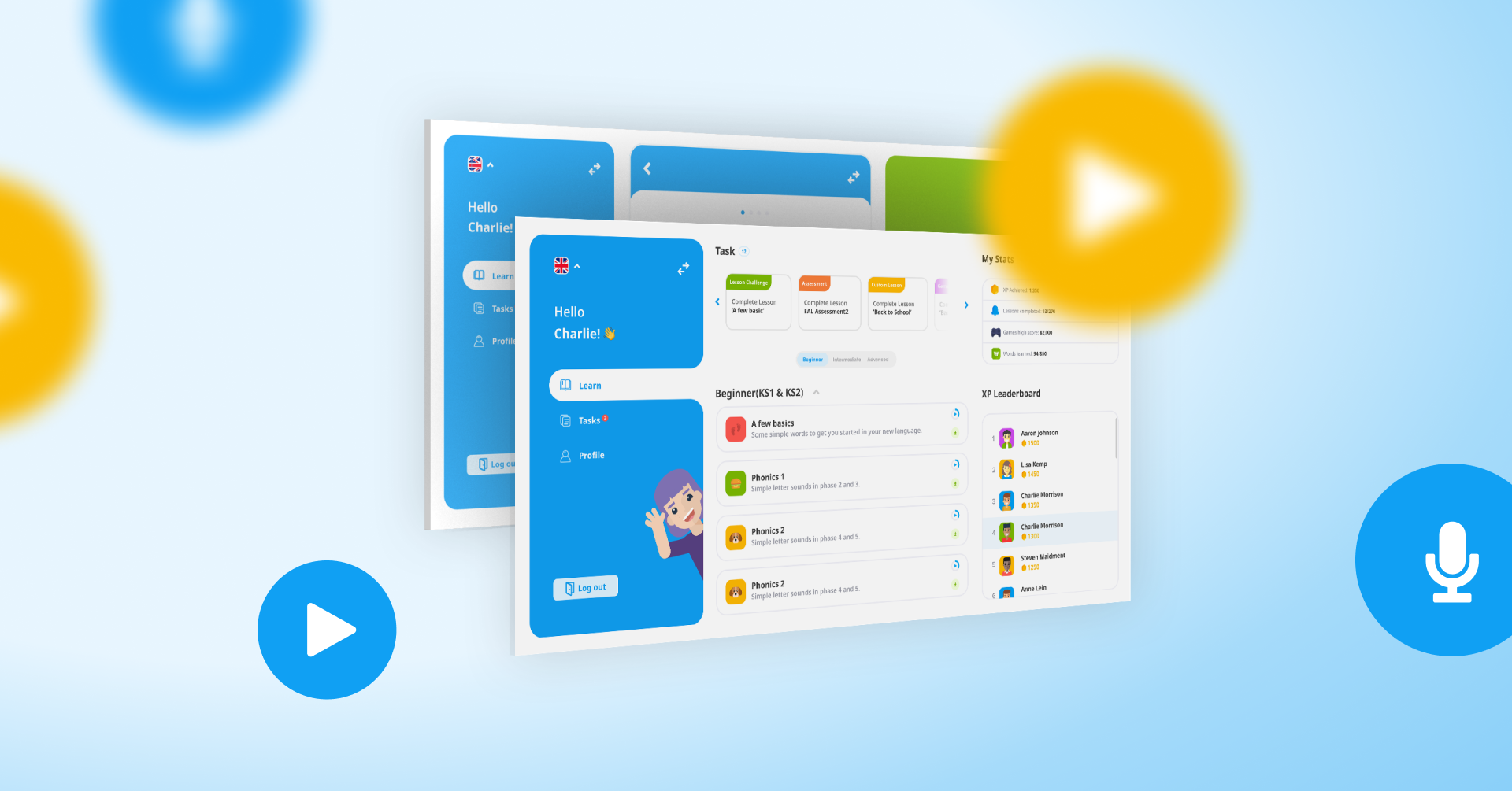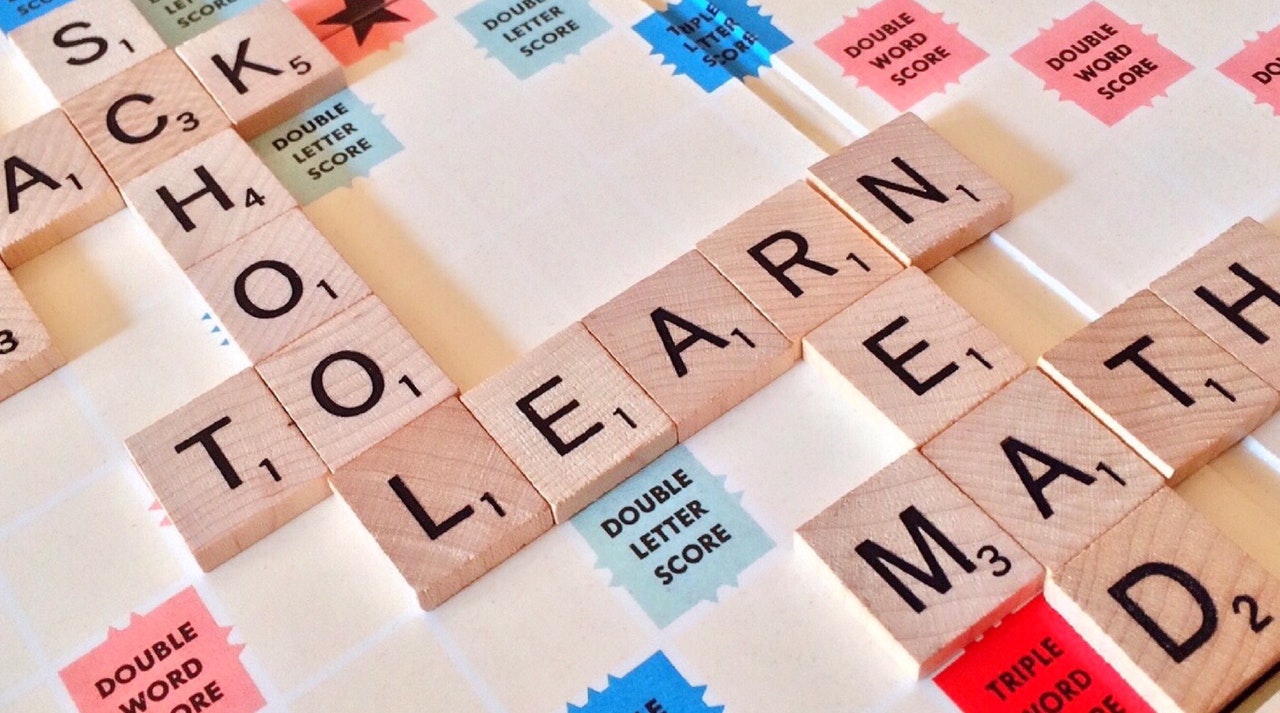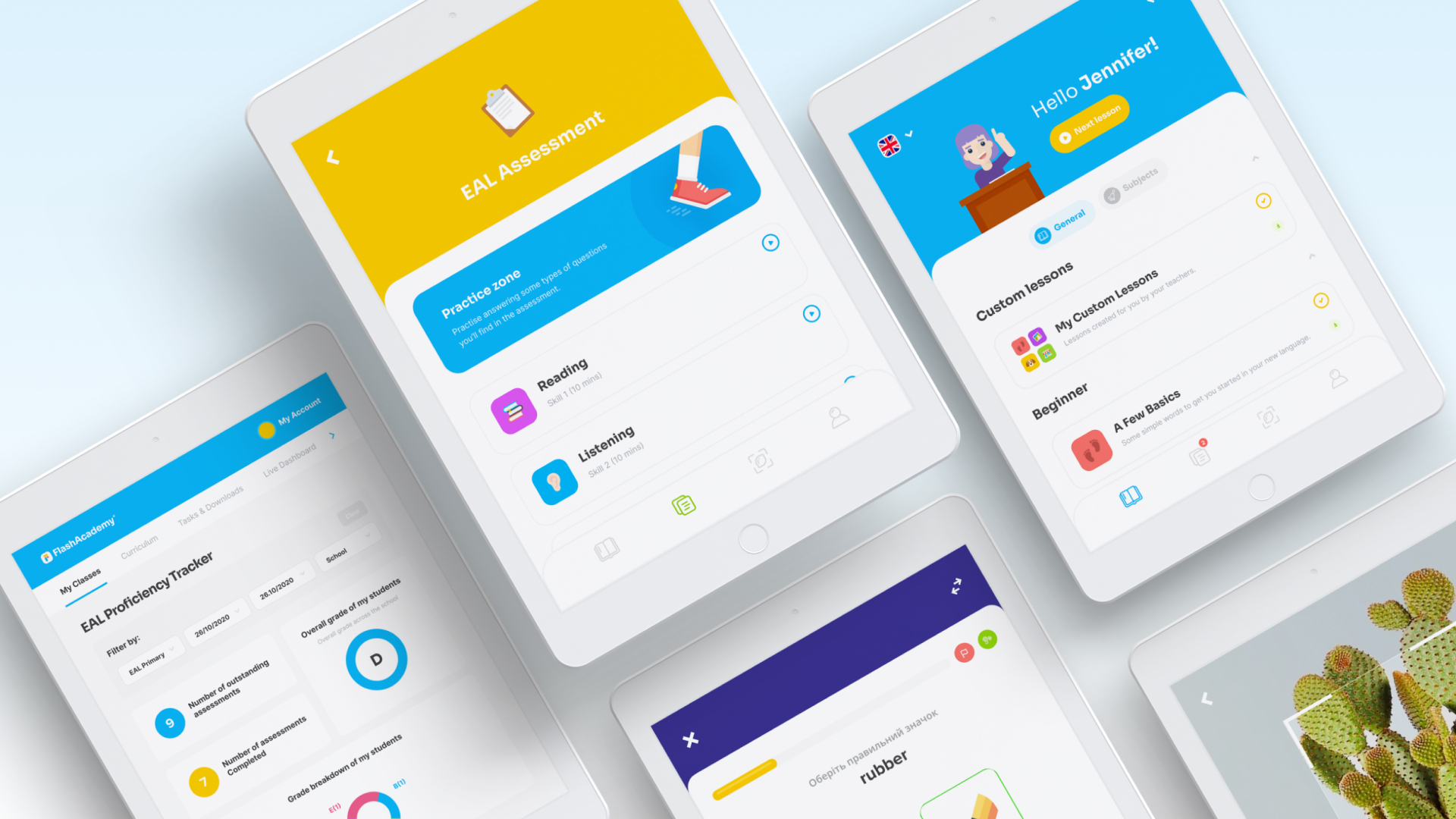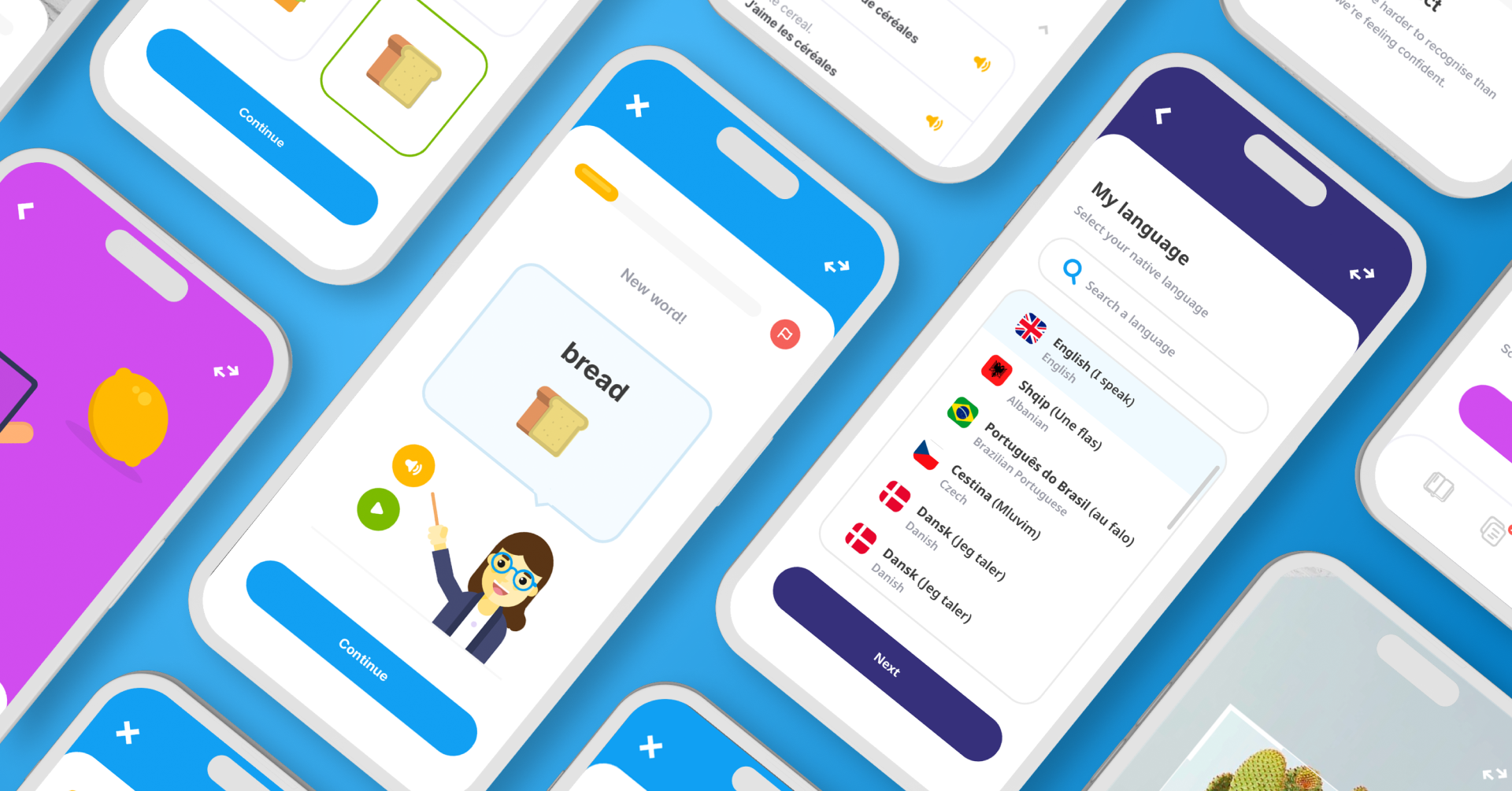

As we prepare to go back to school, both staff and pupils may be feeling wary. Although some find school a safe place and may be glad to go back, for others it is more stressful. After any long period of absence, there will be an adjustment phase. In this case, it may be similar to reverse culture shock. After adjusting to the culture shock of sudden remote learning, we are now asking children to return to a previous situation that is not quite the same as they left it. Symptoms of reverse culture shock include feeling like you don’t fit in, being extra critical, exhaustion and self-doubt.
EAL pupils have already experienced culture shock as they moved to the UK. If they have been to visit home countries since then they may have experience of reverse culture shock too. They are likely to have developed useful skills to cope with this and are often very resilient. However, many EAL pupils are from BAME backgrounds and so have an increased risk of coronavirus. In addition, EAL pupils are twice as likely to be young carers. These pupils may be dealing with additional anxiety which will make their return to school more stressful. As we go back to lessons, there are ways that we can incorporate social and emotional support for EAL pupils into language teaching.
Practising positivity
‘Normal’ life is not as certain as it used to be, and it’s natural for pupils to feel concerned. However, we can help pupils find the positives in uncertainty. For example, when practising using ‘might’, we can offer multiple options, helping pupils to think of a more positive ‘might’ if they are focused on negatives. We can prepare pupils for uncertain situations using grammar too. Consider practising using the 2nd conditional to talk about how we would handle situations we’re not prepared for. This way, we can help pupils develop a toolkit of steps they can take if they are not sure how to cope in unfamiliar scenarios.

You can also try other activities like ‘positivity pauses’ where you take five minutes to focus on a topic that will make pupils smile. The more practice we have accessing positive thoughts, the easier it becomes to turn to one o those instead of a negative one. You can find these and other wellbeing activities in our latest Back to School Pack.
Back to school routines
When pupils go back to school, they will need reminding about the new routines they are developing. Help pupils get used to these by practising telling the time, reading timetables, and reviewing key school vocabulary. When reviewing school uniform vocabulary, you could suggest to pupils that they prepare their uniform the night before and discuss ways to build organisation into their routines. Combine looking at the grammar of modals of obligation with reviewing new (and old!) rules that they need to follow. Whilst you’re talking about routines, make sure you emphasise to pupils the importance of including rest and relaxation. This goes for teachers too! When you go back to school, you may be eager to go full steam ahead in ‘catch-up’ mode, but without time for rest you are more at risk of exhaustion and more vulnerable to illness.
Acknowledging experiences
Some of us may feel nervous to talk about what has happened during lockdown; pupils may have experienced illness, bereavement, financial difficulties or other challenges. However, it will be confusing for your pupils if they feel that no one is acknowledging that time has passed. When teaching the present perfect, you can invite pupils to share their experiences. You don’t need to orchestrate a heavy discussion about the pandemic. Instead, create a space for pupils to talk about what they have done (if they want to). Chances are that many pupils have watched some TV over lockdown, so you could encourage pupils to discuss films or TV shows they’ve seen, practise past tenses at the same time and write a review as follow-up.

Pupils may also have developed other skills during lockdown – have they learned to cook? Have they realised they’re great at cycling? Help pupils to recognise their personal strengths by practising talking about abilities using ‘can’. You can use this ability bingo resource as a light-hearted way for pupils to find out what they can do. If they find that they can’t do some of the challenges here, this is a great opportunity to introduce them to the idea of a growth mindset. Exercising that growth mindset in an informal and low-stakes environment will lay the foundations for pupils to apply those thinking skills within more serious situations later.

